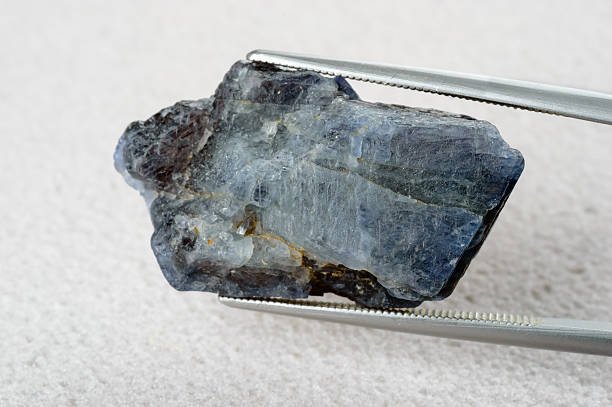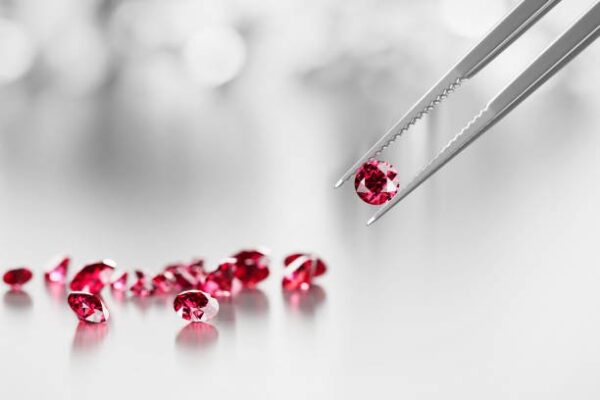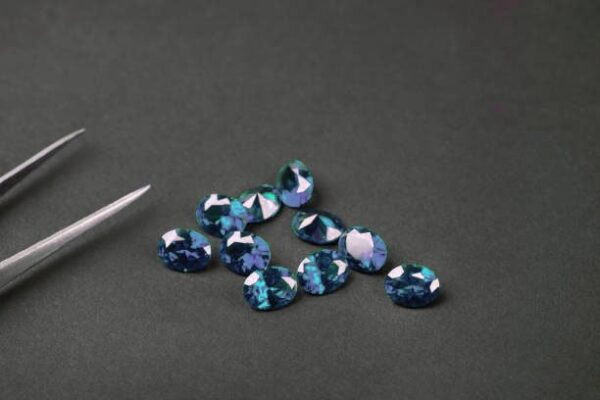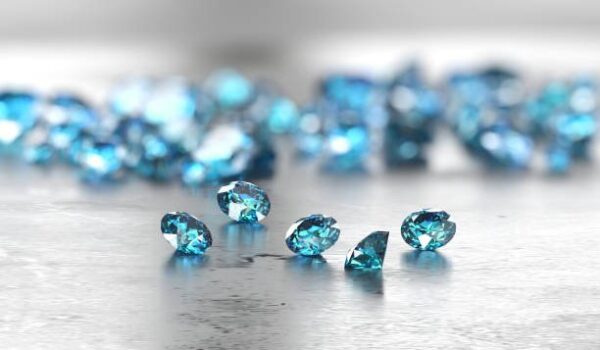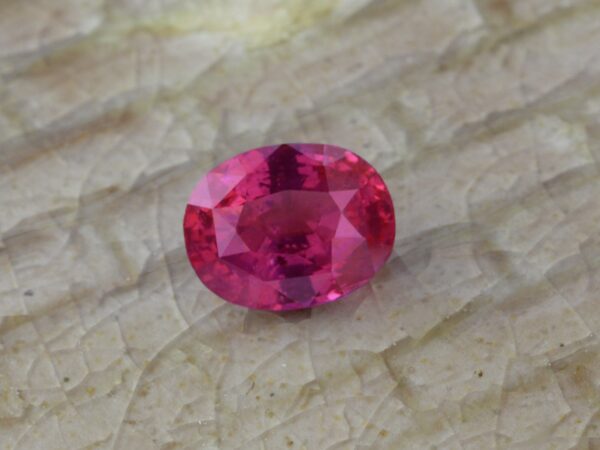Description
Natural sapphires are prized for their exceptional beauty and strength, making them a top choice for both jewelry and investment. These gemstones, typically blue but available in a range of colors, are formed deep within the Earth under high pressure and temperature. Their vibrant colors and remarkable clarity position them as a favorite among gem enthusiasts and jewelers alike.


Physical Properties and Specifications
-
Chemical Composition: Al2O3 (Aluminum Oxide)
-
Hardness: 9 on the Mohs scale
-
Crystal System: Trigonal
-
Refractive Index: 1.76 – 1.77
-
Specific Gravity: 3.95 – 4.03
-
Pleochroism: Weak to moderate (visible in some specimens)
-
Fluorescence: Generally inert, but some may fluoresce under UV light
-
Cleavage/Fracture: Indistinct cleavage; conchoidal fracture
Color and Quality Classifications
Available Color Ranges
-
Primary Hues: Blue, yellow, pink, green
-
Secondary Modifications: Violet, orange, gray
-
Tone and Saturation Ranges: Light to dark tones; vivid saturation is most desirable
-
Premium Colors: Deep blue, royal blue, and padparadscha (pink-orange)
-
Commercial Grades: Commercial-grade sapphires are typically lighter hues or have visible inclusions
Clarity Characteristics
-
Typical Inclusion Types: Rutile, silk, and crystal inclusions
-
Clarity Grading Standards: Graded from eye-visible to eye-clean
-
Source-Specific Features: Different sources produce varying inclusions
-
Eye-Clean Criteria: Must be free of inclusions visible to the naked eye
Source Locations and Material
-
Historic Sources: Kashmir, Burma (Myanmar)
-
Current Production: Sri Lanka, Madagascar, Thailand
-
Source-Specific Characteristics: Each location yields unique color and clarity traits
-
Production Trends: Increasing interest in ethically sourced sapphires
